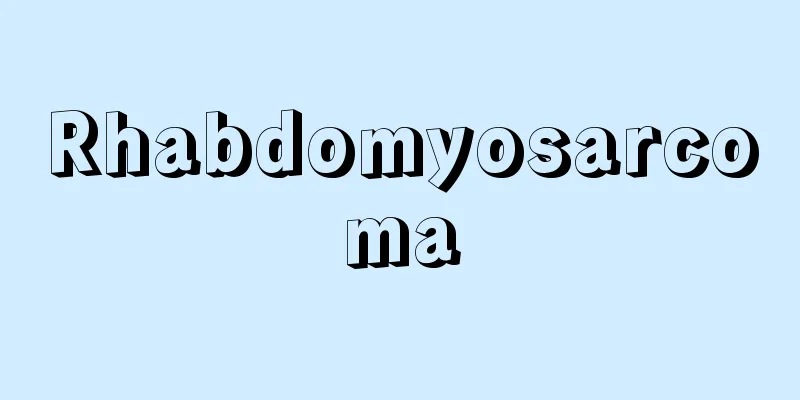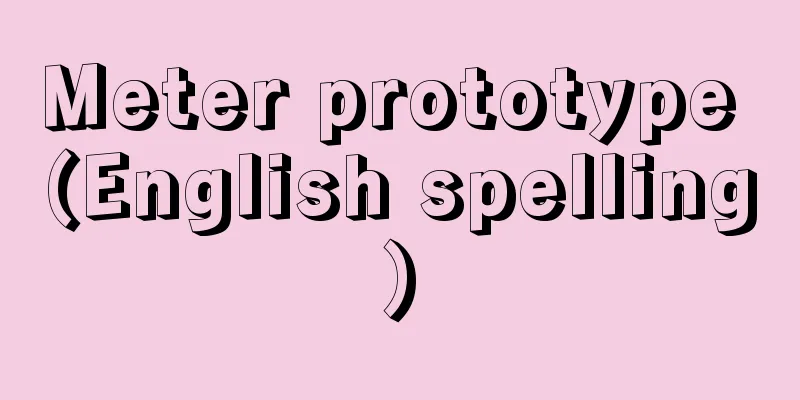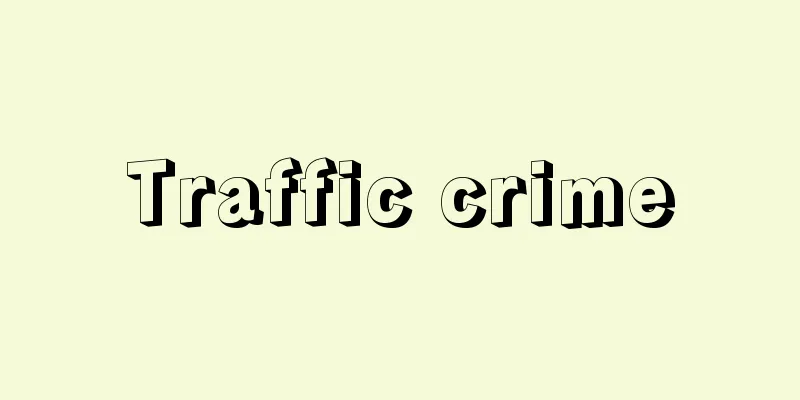Rhabdomyosarcoma

What is the disease?This is a sarcoma that shares common characteristics with skeletal muscle (striated muscle) in terms of the microscopic findings of the tumor and the proteins expressed in the tumor cells. It is one of the most common malignant tumors that occur in children, with two-thirds of cases occurring in children under the age of 10. It used to be one of the malignant tumors that was difficult to treat and had a poor prognosis, but today more than 70% of patients are able to overcome the disease. However, it is still true that there are still cases that are difficult to treat. They can occur anywhere on the body, but most commonly around the eyes. Based on the findings of tissue examination under a microscope, What is the cause?It is caused by complex genetic abnormalities, and the details are not yet known. However, many cases classified as alveolar rhabdomyosarcoma have abnormalities in the sequence of certain chromosomes. In addition, in children, the disease is originally caused by genetic abnormalities. How symptoms manifest Rapid growth As a result of the growth of the aneurysm, the tumor may put pressure on the surrounding organs, causing symptoms. For example, if a tumor in the head grows and puts pressure on the brain or nerves, symptoms of nerve damage such as visual impairment, hearing impairment, decreased eye movement function, swallowing problems, and impaired consciousness may occur. Testing and diagnosisDiagnosis requires actual tissue samples to be examined under a microscope and, in some cases, specialized genetic testing. In order to perform surgery with a low recurrence rate, the initial tissue collection method must also be planned, so MRI is taken to observe the local spread of the disease. When the disease was discovered, CT scans of the chest and regional lymph nodes, bone scans, Treatment methodsThe standard treatment is a combination of surgery, anticancer drugs and radiation therapy. Even if the image does not clearly show metastasis (the spread of malignant cells from the site where the disease first occurred to other organs via the blood or lymph flow), malignant cells often have spread throughout the body, so it is common to first perform anticancer drug treatment prior to surgery. Anticancer drugs are an extremely effective treatment, and since their use began, treatment outcomes have improved dramatically. The five-year cumulative survival rate for this disease used to be around 25%, making it quite difficult to treat, but it is now around 70%. When it occurs in the limbs, it is common to treat it without amputating the limb by using a surgical technique called wide resection, in which a large amount of normal tissue around the tumor is attached to the tumor. Amputation, which was once performed, is no longer necessary in most cases. Radiation therapy may be used when a tumor remains in the body making surgery difficult or when there is lymph node metastasis. What to do if you notice an illnessTreatment is required at specialized facilities such as cancer centers and university hospitals. Treatment is provided jointly by pediatricians, otolaryngologists, urologists, orthopedic surgeons, oncologists (chemotherapy), radiation therapists, and pathologists, each of whom brings together their specialized knowledge. Kenji Morii Source: Houken “Sixth Edition Family Medicine Encyclopedia” Information about the Sixth Edition Family Medicine Encyclopedia |
どんな病気か腫瘍の顕微鏡所見や、腫瘍細胞に発現している蛋白質が、骨格筋(横紋筋)と共通の性質をもつ肉腫です。小児に発生する代表的な悪性腫瘍のひとつで、3分の2の症例は10歳以下に発生します。かつては治療が難しく、予後不良な悪性腫瘍のひとつでしたが、今日では70%以上の患者さんが病気を克服できるようになりました。とはいえ、今でも治療の難しい症例があるのも事実です。 体中のあらゆる部分に発生しますが、最も多いのは眼のまわり( 顕微鏡で組織を観察した所見によって、胎児型横紋筋肉腫、 原因は何か複雑な遺伝子の異常を背景としており、詳しいことはわかっていません。 しかし、胞巣型横紋筋肉腫と分類される症例の多くは特定の染色体が配列異常を起こしています。また、子どもの例では、もともと遺伝子異常を背景にもつ疾患である 症状の現れ方 急速に大きくなる 瘤が成長した結果、周囲の器官が腫瘍により圧迫を受けて症状を出すことがあります。たとえば、頭に発生した腫瘍が成長することで脳や神経を圧迫した場合は、視覚異常、聴覚異常、眼の運動機能低下、嚥下(えんげ)障害や意識障害など、神経が障害される症状が起こります。 検査と診断診断には、実際に組織を採取して顕微鏡で詳しく調べる必要があります。場合によっては専門的な遺伝子検査が必要です。 再発率の低い手術を行うためには、最初の組織の採取法も計画的に行う必要があるので、局所の病気の広がりを観察するためMRIを撮影します。 病気が見つかった時点で胸部、所属リンパ節のCT、骨シンチグラム、 治療の方法手術、抗がん薬と放射線療法を組み合わせるのが標準的な治療法です。画像で転移(病気が最初に発生した部位から、悪性の細胞が血液やリンパ液の流れにのってほかの臓器に移ること)がはっきりしていなくても、悪性の細胞が体中に広まっていることが多いので、手術に先立ってまず抗がん薬の治療を行うことが一般的です。 抗がん薬は極めて有効な治療手段で、抗がん薬を治療に使用し始めて、治療成績は著しく改善されました。この病気の5年累積生存率は、かつて約25%とかなり難治性でしたが、現在では約70%です。 四肢に発生した場合は、腫瘍のまわりの正常な組織を腫瘍につけて大きく切り取る広範切除術という手術法を用いて手足を切断しないで治療することが一般的です。かつて行われていた切断術は、ほとんどの症例で必要はなくなりました。 放射線療法は、体内に腫瘍が残っていて手術が難しい場合や、リンパ節転移がある場合などで行うことがあります。 病気に気づいたらどうするがんセンターや大学病院などの専門的な施設での治療が必要です。治療は小児科、耳鼻科、泌尿器科、整形外科、腫瘍(化学療法)専門医、放射線治療医、そして病理診断医などがそれぞれ専門的知識を動員して合同で行います。 森井 健司 出典 法研「六訂版 家庭医学大全科」六訂版 家庭医学大全科について 情報 |
<<: Yellow medicine - Ouyakushi
Recommend
Esquerra Catalana (English)
…He was elected to the Spanish parliament three t...
Arendal (English spelling)
A city in the southern part of East Agder province...
Hidden and unreceived gifts - Hidden and unreceived gifts
...At the time, these were called Naishin or Nais...
détrempe (English spelling) detrempe
...However, after the mid-15th century, as oil pa...
Crystal Palace
This building was built as an exhibition hall for ...
O-Boo - O-Boo
→Turku Source : Heibonsha Encyclopedia About MyPed...
Deer Garden - Rokuyaon
A Buddhist site in India. To be more specific, it...
Monte Cassino Abbey - Monte Cassino Abbey
Founded around 529 by Benedict of Nursia on Monte ...
Pertusaria subobductans (English spelling)
… [Hiroyuki Kashiwatani]. … *Some of the terminol...
Carpenters - Carpenters (English spelling)
American vocal and instrumental group. Connecticu...
Attacker
...Military aircraft whose main purpose is to att...
Machida [city] - Machida
A city at the southern end of Tokyo. It was incorp...
Conques
A town in the Aveyron department in the Occitanie ...
Judicial norms and codes of conduct - Saibankihankoukihan
Judicial norms are rules that judges must follow t...
Battle of Panipat - Battle of Panipat
An important battle in Indian history that took pl...









